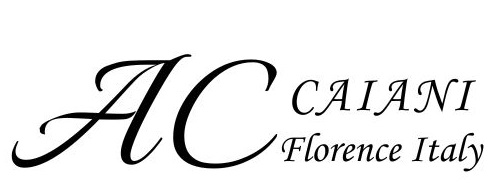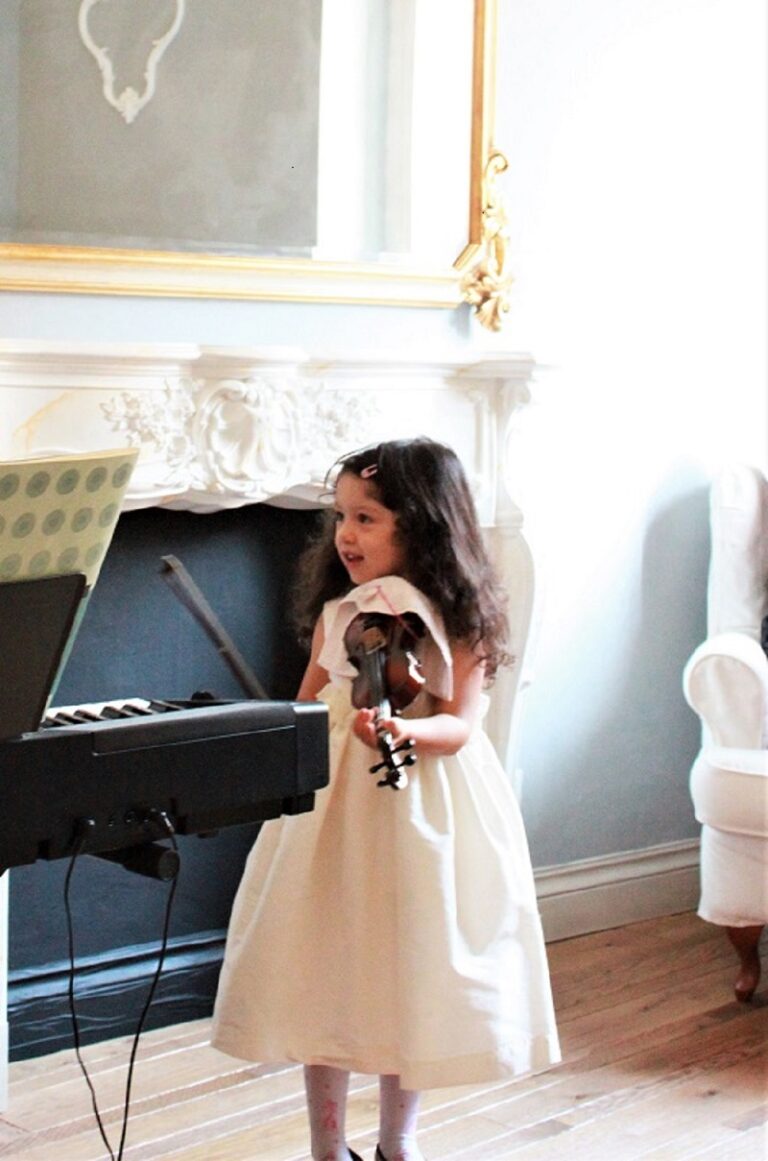🎻 The Study of Music and Famous Liutai in Florence: Breathing Inspiration in the Cradle of Art
Florence isn’t just a city—it’s a symphony of stone, light, and legacy. Known worldwide for its artistic brilliance, it also pulses with music. From historic conservatories to master luthiers, Florence offers a rare harmony between education and craftsmanship. And when you play music here, surrounded by Renaissance beauty and Tuscan air, inspiration flows as naturally as breath.
🎼 Studying Music in Florence: Where Notes Meet Nobility
Florence’s music schools don’t just teach—they awaken artistry. With every scale and sonata, students connect to centuries of musical tradition.
🎶 Conservatorio di Musica Luigi Cherubini
Founded in 1853, this prestigious conservatory carries the name of composer Luigi Cherubini and the weight of history.
- It offers programs in instrumental and vocal performance, composition, conducting, and music education.
- Students practice in historic buildings like the former Convent of San Niccolò, where Renaissance walls seem to hum with harmony.
- The conservatory’s library, filled with rare scores and recordings, invites exploration and discovery.
Here, music isn’t just studied—it’s lived.
🎻 Scuola di Musica di Fiesole
Just beyond Florence, nestled in the hills of Fiesole, this school was founded in 1974 by Piero Farulli of the Quartetto Italiano.
- It welcomes students of all ages, offering courses in chamber music, orchestral studies, and music theory.
- The school’s ensembles, including the Fiesole School of Music Orchestra, provide real-world performance experience.
Moreover, the view from Fiesole—rolling hills, terracotta rooftops, and distant domes—makes every rehearsal feel like a concert in paradise.
🎼 Accademia Musicale Chigiana
Although based in Siena, this academy maintains strong ties to Florence.
- Founded in 1932 by Count Guido Chigi Saracini, it offers masterclasses and concerts in the city.
- Its summer programs attract musicians from around the world, creating a vibrant exchange of talent and tradition.
🎭 Florence Opera House (Teatro del Maggio Musicale Fiorentino)
This iconic venue hosts the Maggio Musicale Fiorentino, one of Europe’s oldest and most prestigious music festivals.
- It also offers workshops and educational programs for young musicians and singers.
- Performing here means stepping onto a stage where history and innovation meet.
Whether you’re studying or performing, Florence surrounds you with beauty that elevates every note.
🎻 The Liutai of Florence: Masters of Wood, Sound, and Soul
Florence’s luthiers don’t just build instruments—they sculpt emotion. Their violins, violas, and cellos carry the city’s legacy in every curve and resonance.
🪵 Giovanni Battista Gabrielli
Active in the 18th century, Gabrielli crafted violins and cellos that musicians still treasure today.
- His instruments are known for their refined sound and elegant design.
- He helped shape the Florentine school of luthiery, blending precision with poetry.
🪵 Igino Sderci
A 20th-century master, Sderci trained under Leandro Bisiach and became known for his meticulous technique.
- His instruments reflect clarity, warmth, and balance.
- He passed on his skills, ensuring Florence’s luthiery tradition would thrive.
🪵 Carlo Vettori
A contemporary luthier, Carlo Vettori continues the family legacy with a modern touch.
- His violins, violas, and cellos are celebrated for their tonal richness and artisanal beauty.
- He also teaches, sharing his craft with the next generation.
🪵 Paolo Vettori
Working alongside his family, Paolo Vettori adds his own voice to the tradition.
- His instruments are admired for their precision and elegance.
- The Vettori workshop in Florence has become a pilgrimage site for musicians and collectors alike.
✨ Conclusion: Florence, Where Music Breathes
Ultimately, Florence offers more than education—it offers inspiration. To study music here is to play beneath frescoed ceilings, to rehearse with views of Brunelleschi’s dome, and to breathe the same air that once stirred the genius of Dante, Michelangelo, and Botticelli.
Whether you’re tuning a violin crafted by a master liutaio or singing in a sunlit studio, Florence invites you to create with heart. It’s a city where music doesn’t just echo—it resonates.

